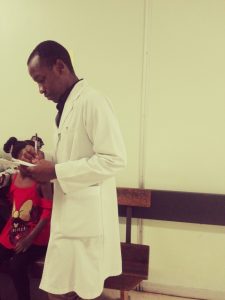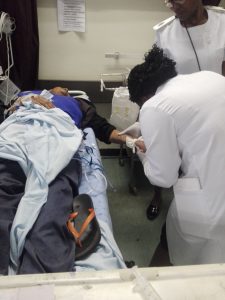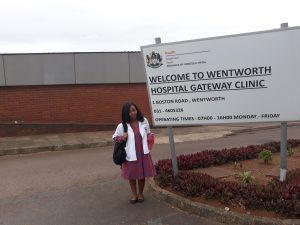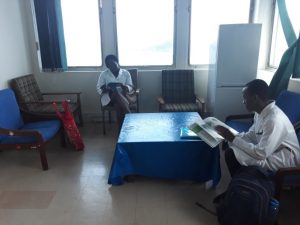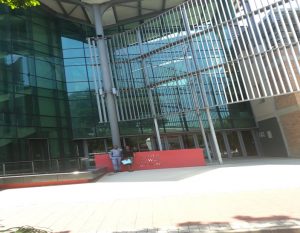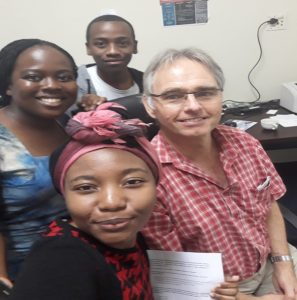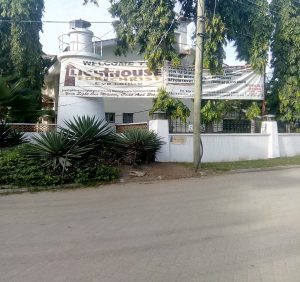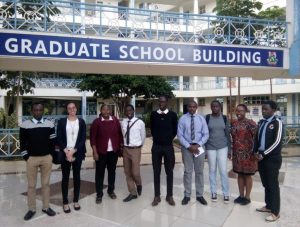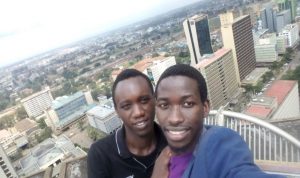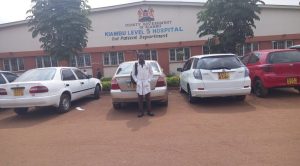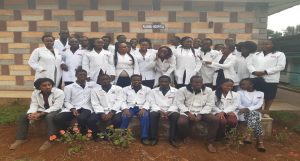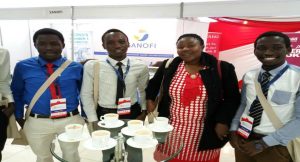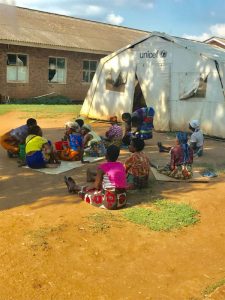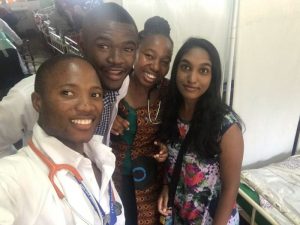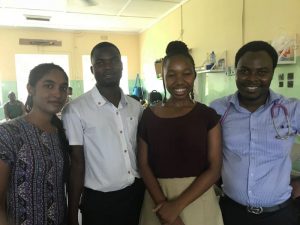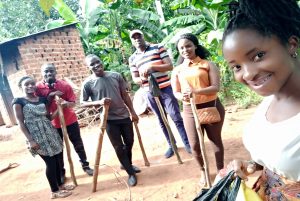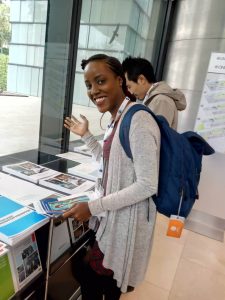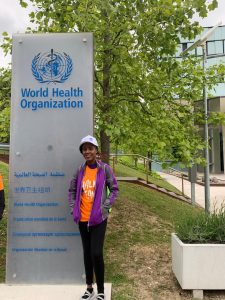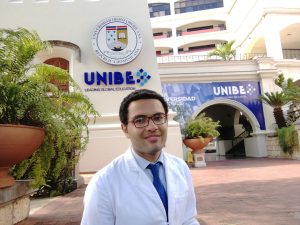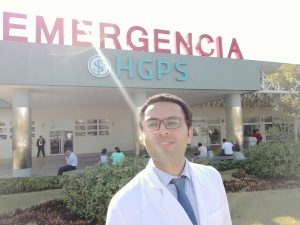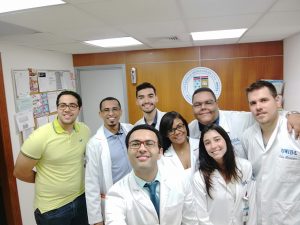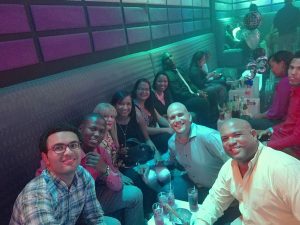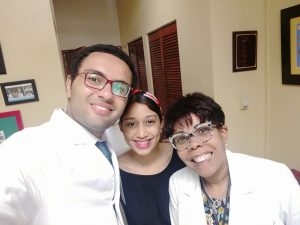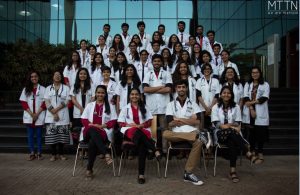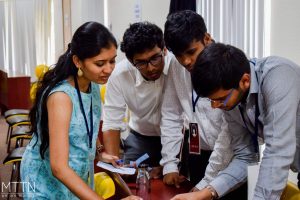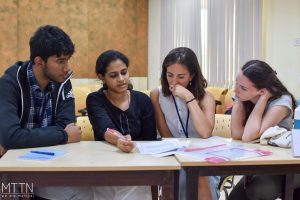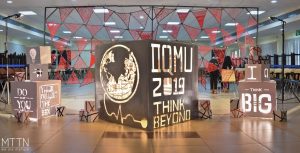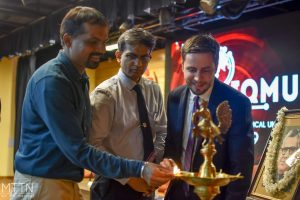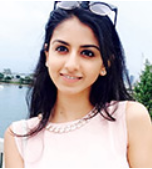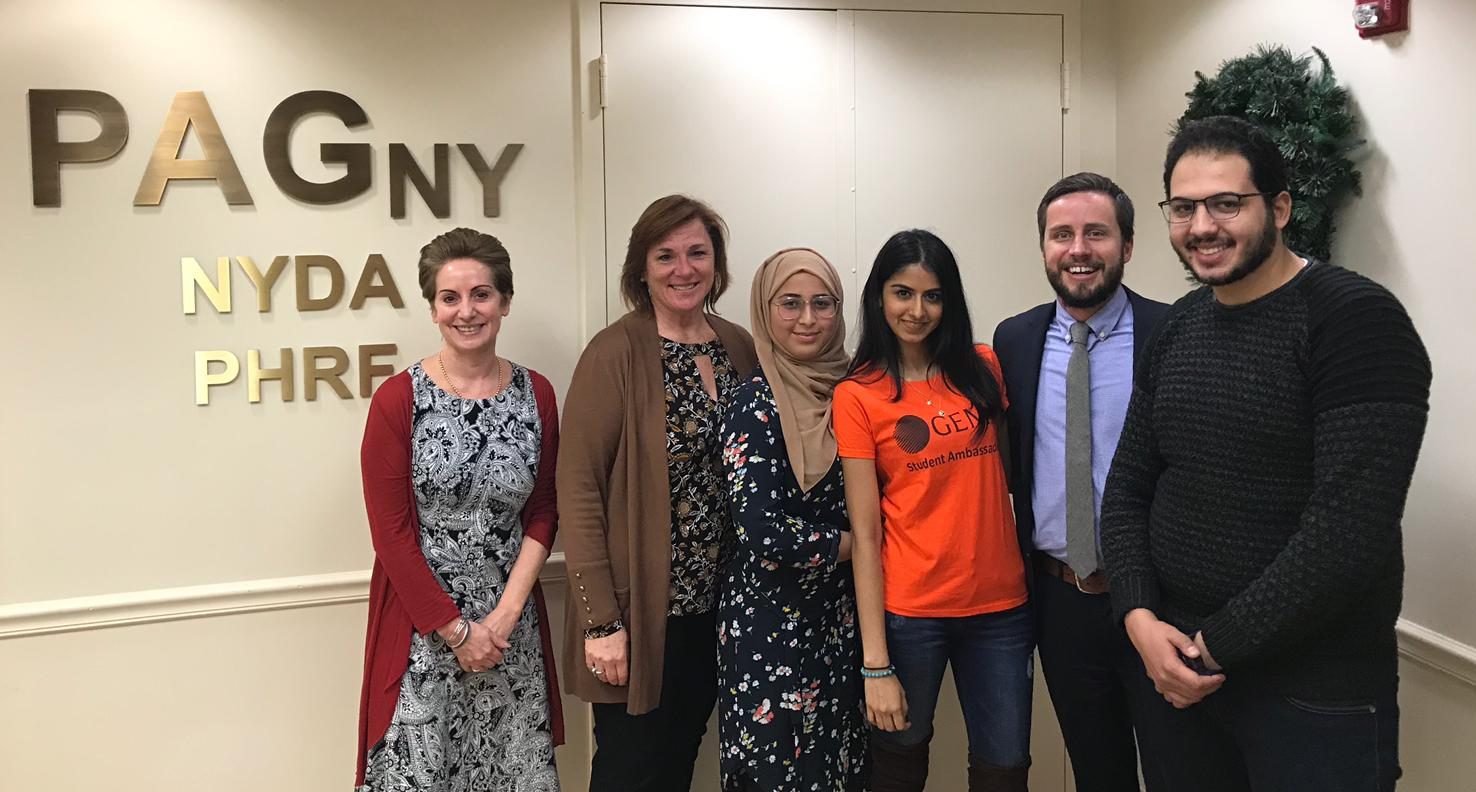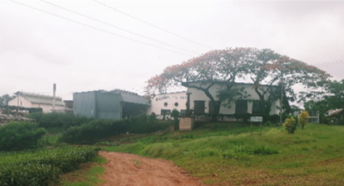Post by Nyasha Manyeruke, Leslie Mashayahanya, and Talent Munjombi, medical students at University of Zimbabwe College of Health Sciences who completed a elective exchange at University of Kwazulu-Natal School of Nursing and Public Health (South Africa) through the GEMx-AFREHealth Regional Exchange Partnership.
INTRODUCTION
When we signed up for the GEMx Elective experience in South Africa, we hoped to experience and gain better understanding of the clinical setup in a neighbouring African country and improve our overall clinical skills in preparation for our final year of medical school. We happily report, that the experience exceeded our expectation and broadened our knowledge overally.
Under the supervised guidance of Proffessor Mergan Naidoo, we had an opportunity to rotate in different wards at the hospital, that is- High Care Unit, Out Patients Department, HIV clinic and Accident And Emergency Department. We had multiple opportunities throughout our elective to interact with Family Medicine constultants and Registrars for “one on one” tutorials as well as group tutorials. We also interacted with other members of the clinical team including interns, counsellors and nurses, who taught us and encouraged us to perform certain procedures, such as, drawing blood for investigations, inserting urinary catheters, suturing and so forth. Outside clinical activities at the hospital, we also explored Durban –visiting the beach, shopping malls, indulging in local delicacies, and interacting with fellow Zimbabweans living in South Africa, as well as the other locals we encountered in our day to day activities. We gained a greater appreciation of the multicultural and diverse society that makes up South Africa, Durban in particular, and how this correlates to patient management in the hospital setup.
In this report, we have summarized our elective experience into experiential sections and attached pictures accordingly.
Hospital Clinical Experience
1. Out-Patients Department
We each spent a week attached to the outpatients department, participating in local procedures and guidelines. In our logbooks we had clear learning objectives and subjective measures to assess our progress throughout our elective. We enjoyed ourselves thoroughly, and below in Figure 1.1, the picture illustrates Leslie clerking patients seated on the bench waiting to be served at the Out-patients Department.
2. High Care Unit
We each spent a week attached to the high care unit. We mainly learnt ward management of patients and ward conduct as well as protocol. Besides knowledge learnt on commn ailments in our setting, such as, HIV, TB and Myorcadial infarctions, from the various ward rounds and tutorials,we also assisted the interns in performing their daily ward duties, such as, taking blood, performing lumbar punctures, inserting chest drains and so on, as well as interpreting lab results for investigations. Figure 1.2 below illustrates Talent taking blood from a newly admitted patient, with the assistance of one the nurses.
3.HIV clinic
We each were attached to the HIV clinic for one week, and we mainly participated in patient adherence counselling, reviews, as well as initiation of patients on Antiretroviral medication. We learnt about the importance of the multi disciplinary team and we often assisted the nurses at nearby clinic( gateway clinic) in using the referral system tool effectively in ensuring patients receive the best care. Figure 1.3, is a picture showing Nyasha, standing at the entrance for Gateway clinic.
4.Accident and Emergency
We each spent one week at this department. This was a very busy department, it was very interesting learning about the triage system at this hospital and the acute management of patients. We learnt about the importance of time and sharing tasks amongst members of the clinical team in order to manage patients adequately. In figure 1.4, the picture below illustrates Leslie, preparing bloods to be sent to the laboratory for investigation.
5. Other Hospital Related Activities
Talent and Leslie reviewing clinical magazines for updates on recent research findings, new additions to clinical guidelines and for Continuing Medical learning(CME) in the doctor’s tea lounge during some of our lunch breaks.
Talent(female) and Leslie, standing in front of college of health sciences building for the University of Kwazulu-Natal. We visited the medical school a few times during our stay and we marveled at the architecture
A selfie taken after our GEMx end of elective exercise and discussion with us and Professor Ross( one of the consultants at the hospital. We enjoyed our interactions with him during ward rounds and our various tutorial sessions.
As we come to the conclusion of our elective experience, we would like to thank all the people who made this elective experience possible, we thank you for impacting our careers in our fruitful and adventure filled manner. We hope you continue your great work.
THANK YOU
Siyabonga


